Marxists Internet Archive
Selected Marxist Writers
| (1818-1895) Founders of Marxist practice and philosophy. Established the ground work of Marxism through an examination of the rise of capitalism, the history of society, and critique of many prevalent philosophies. Established the First International workers' organisation. [Full Biography] |
| (1841-1911) French socialist, participated in the Paris Commune, married to Laura Marx. [Full Biography] (1852-1914) Helped create the IWW. Developed one of the most detailed outlines of how Socialist society should function. Believed that democratic control of all industries and services must be held by workers organised into industrial unions. [Full Biography] (1856-1918) Helped create the Russian Social-Democratic party, becoming a Menshevik after the split in the party, but he tried to keep the party united. Believed that capitalism need to grow up before socialism was possible; thus he opposed the Soviet government. [Full Biography] (1868-1916) Helped create the Irish Socialist Republican Party in 1896; served as Secretary of the Transport and General Workers Union. Executed for his leading role in the Easter Rising. [Full Biography] | (1854-1938) Helped create the German Social-Democracy, one of the best-known theoreticians of the Second International, and a leading proponent of Marx & Engels after their death. During and after World War I he became a pacifist. [Full Biography] (1857-1933) Leader of the international women's movement. National Executive member of the German Social Democratic party. Long time comrade of Rosa Luxemburg, helped create the Spartacists and German Communist Party. Supported the Soviet government. [Full Biography] (1871-1919) Championed the idea of the mass strike. Tireless opponent of WWI, she renounced the German Social Democracy, helped to create the Spartacus League, and later the German Communist Party. Critical of the Soviet government. Executed by the German government. [Full Biography] (1888-1938) One of the youngest but also the most active theoreticians of the Bolsheviks who made the Russian Revolution, he was also an important architect of the Bolsheviks' economic policies. [Full Biography] |
| (1870-1924) Helped create the Bolshevik party. Led the Soviets to power in the Russian Revolution. Elected to the head of the Soviet government until 1922, when ill health confined him to bed. Created the Communist International. Created the theory of Imperialism, emphasised the importance of the political party as vanguard in the revolution. [Full Biography] (1872-1952) Bolshevik Revolutionary. Led the Workers' Opposition, which opposed party control of trade unions and believed in industrial unionism. First woman ambassador in history. Proponent of free love, she wrote extensively on women's and other social issues. [Full Biography] | (1879-1940) First Menshevik, later Bolshevik Revolutionary. As commissar of war led the Red Army to defeat the Entente in their invasion of Soviet Russia. Helped create the Left Opposition to overthrow Stalin and stop the monstrous attrocities he'd soon commit. Created the theory of the Permanent Revolution, and the Fourth International. Assassinated by the Soviet government. [Full Biography]
(1891-1937) Helped create the Italian Communist Party. Arrested in 1926 for his revolutionary activities and sentenced by a fascist court to 20 years imprisonment. Theorized key concepts such as hegemony, base and superstructure, organic intellectuals, and war of position. [Full Biography] — Gramsci’s Major Works Currently Unavailable. |
| (1885-1971) Hungarian philosopher, writer, and literary critic. Commissar for Culture and Education in Hungary's short-lived Socialist government (1919). Helped lead the Hungarian uprising of 1956 against Stalinist repression. Created Marxist theory of aesthetics that opposed political control of artists, defended humanism, elaborated alienation. [Full Biography] (1892-1970) Indian Communist, agitator, philosopher and key leader of the Comintern, played a leading role in revolutionary movements in India, Mexico, the Middle East, the Soviet Union, Indonesia and China, later a radical humanist. [Full Biography] (1901-1989) West Indian, Afro Caribbean. Lucid dialectician, historian, novelist, & playwright. Stressed the importance of non-white workers to the revolutionary movement, foresaw the civil rights movement decades before it got underway. [Full Biography] (1914-1990) American journalist and labor activist. Founder of the Socialist Workers Party & Fourth International in 1938, later founded the International Socialist party. Stopped associating with Trotskyism in 1960s. [Full Biography] | (1886-1961) German Left Communist who wrote one of the founding documents of “Western Marxism”, expelled from the Comintern. Became pessimistic about the prospects for socialism by the end of World War Two, but was later to become a supporter of Mao. [Full Biography] (1894-1930) Peruvian writer and agitator. Self-educated. Historian of European Marxism and movements in South America, founded the first communist cell in Peru. [Full Biography] (1902-1959) West Indian, who joined the CPUSA and shaped Comintern policy on relations between black and white workers, later a founder and teacher of the Pan-Africanist movement. [Full Biography] (1903-1981) German Left Communist, later lived in the U.S.. Main exponent of “Council Communism” and opponent of idea of Revolution being led by a political party. [Full Biography] |
 “
“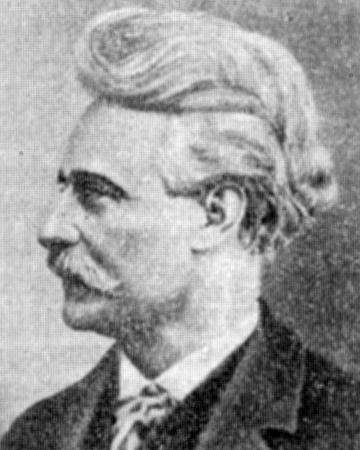 “
“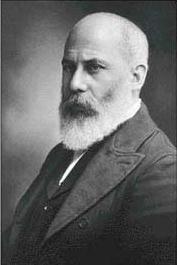 “
“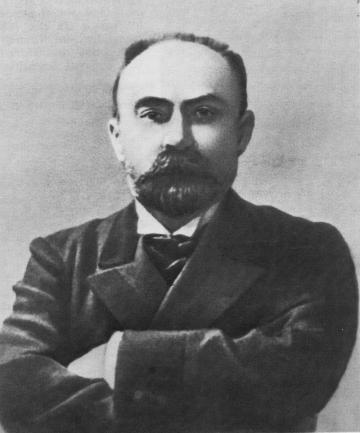
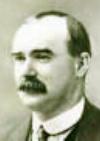
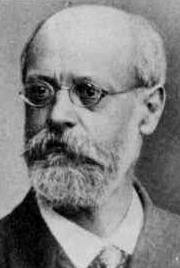 “
“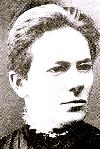 “
“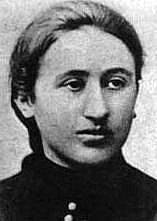 “
“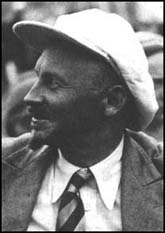 “
“ “
“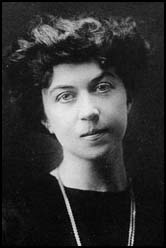 “
“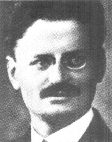 “
“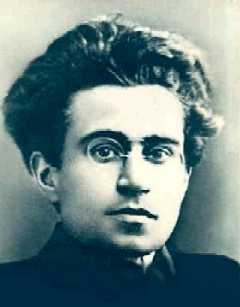 “If it is true that parties are only the nomenclature for classes, it is also true that parties are not simply a mechanical and passive expression of those classes, but react energetically upon them in order to develop, solidify and universalize them.”
“If it is true that parties are only the nomenclature for classes, it is also true that parties are not simply a mechanical and passive expression of those classes, but react energetically upon them in order to develop, solidify and universalize them.”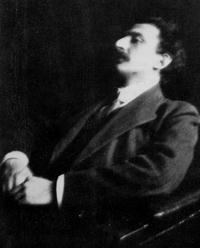 “
“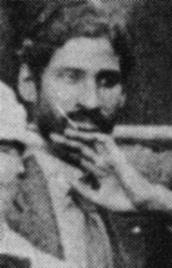
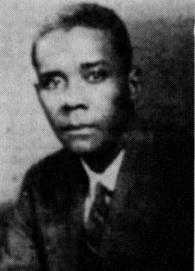 “
“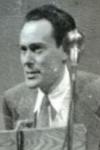 “
“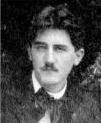 “
“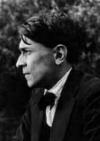 “
“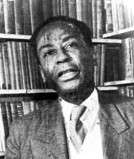 “
“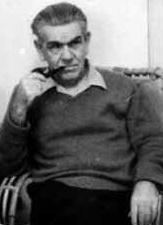 “
“
No comments:
Post a Comment